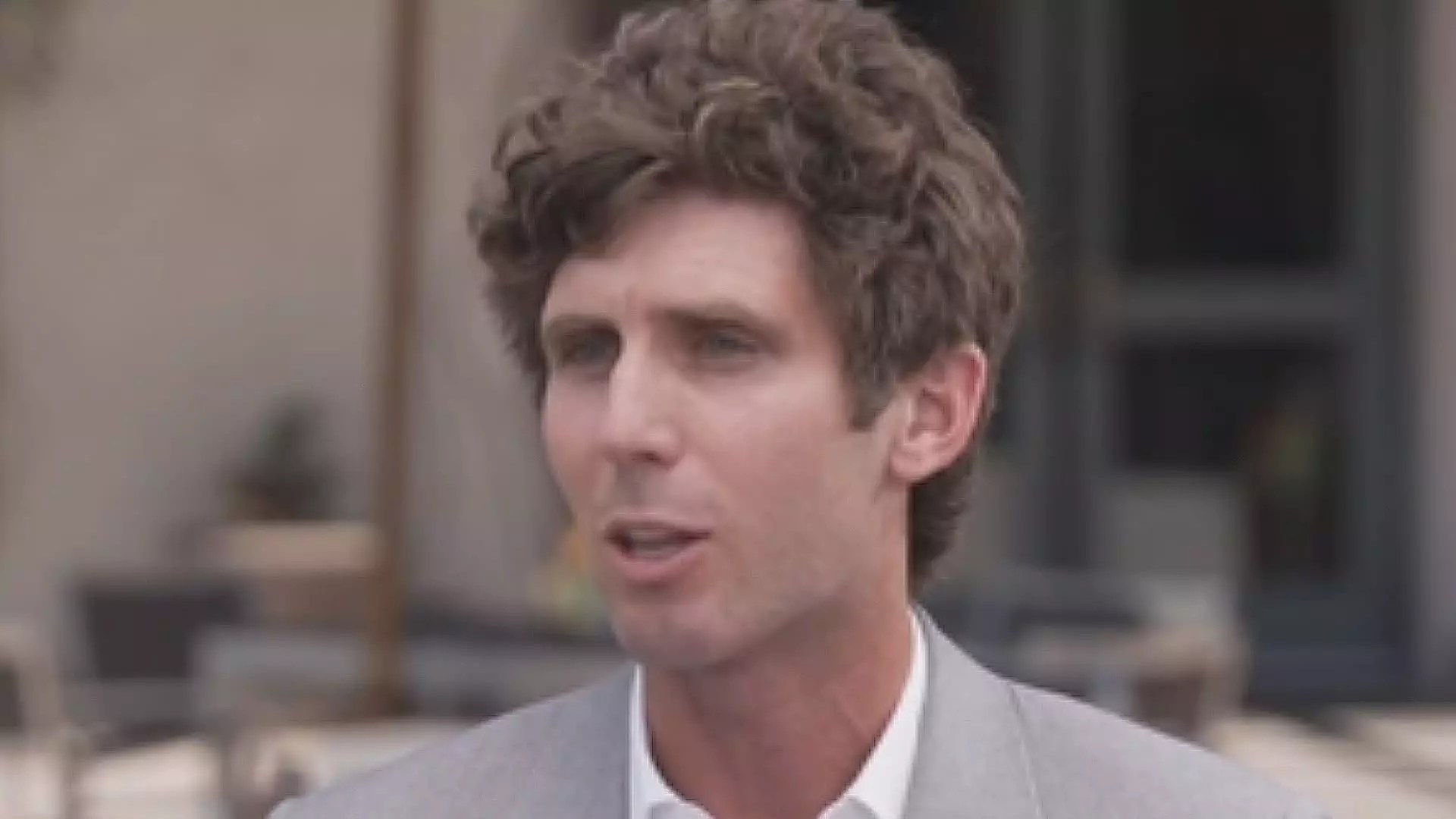The recent controversy surrounding Sequoia Capital’s associate, Shaun Maguire, underscores a troubling trend within the upper echelons of venture capital: a complacent tolerance for inflammatory rhetoric and unfiltered bigotry. When icons of entrepreneurship and investment, expected to uphold standards of integrity and professionalism, indulge in racial, religious, or political hostility, it signals a deeper rot within the industry. This incident is not just about one man’s social media outburst but a reflection of how pervasive biases have become cloaked within a veneer of elitism. Maguire’s incendiary remarks, which questioned the integrity of a Muslim Democratic candidate, reveal an alarming deficiency in moral discernment and a dangerous willingness to weaponize identity politics for personal and political ends.
The fact that such a statement amassed millions of views suggests that unchecked hate speech can spread far beyond the original context. It becomes a normalized part of the conversation, fostering environments in which discrimination and prejudice are tacitly accepted. This should be an unmistakable warning sign that the culture within influential venture firms and their associated networks needs a serious overhaul. If industry leaders claim to champion innovation and progress, they must also uphold the values of fairness and respect—values that should stand against any form of religious or racial bigotry. Yet, when figures like Maguire are allowed to operate with impunity, the message sent is that certain biases are permissible as long as they serve a political narrative or personal agenda.
The Hypocrisy of Political Engagement in the Tech Elite
Sequoia’s tangled history of political connections and ideological ambiguity complicates the response—or lack thereof—to scandals like this. While some partners have openly supported Donald Trump, others have criticized him, creating an environment of internal contradictions that can breed inconsistency and a lack of accountability. Roelof Botha’s claim that the firm doesn’t “take a political point of view” rings hollow in light of the overt partisan leanings and public displays of support from certain partners. These contradictions undermine the firm’s credibility and set a dangerous precedent where personal political leanings take precedence over professional ethics.
Venture capital has long positioned itself as a meritocratic engine of innovation, yet when its leadership allows or even tacitly endorses bigotry, it calls into question the industry’s commitment to fairness and social responsibility. It’s time for a much-needed introspection—are these investment firms content to be passive spectators, or should they rather act decisively to condemn hate speech and support diversity? When the industry tolerates such behavior, it effectively perpetuates a culture that is at odds with the very entrepreneurial ideals of resilience, inclusiveness, and integrity.
The Dilemma of Free Expression Versus Accountability
The defense of free speech is often wielded as a shield for misconduct, and Maguire’s blunt declaration that he would “embolden” himself in the face of censure exemplifies the complexities of balancing individual liberty with social responsibility. The broader tech industry faces similar challenges: how to allow for honest disagreement, diverse opinions, and the freedom of thought, while maintaining boundaries that prevent the spread of vilification and hate?
The open letter demanding Sequoia to condemn Maguire’s remarks and implement a zero-tolerance policy on hate speech is a necessary step. It signals that the industry should not tolerate behavior that foments division or seeks to marginalize entire groups based on faith or ethnicity. Investors and founders alike must recognize that silence in the face of bigotry implicitly condones it, damaging not only reputations but also the fabric of an innovative society rooted in inclusion. It’s an industry-wide test of integrity: will they prioritize profits and political affiliations over moral accountability? Or will they accept the discomfort of confronting their own biases and implement real change?
The Industry’s Political Divide: A Reflection of Larger Societal Fault Lines
The fact that prominent figures within Sequoia and parallel firms have sharply contrasting political allegiances highlights a broader societal divide that trickles into venture capitalism. Leone’s fervent pro-Trump stance versus Moritz’s Democratic advocacy exposes an environment where loyalty to political ideologies can eclipse ethical considerations. Such division risks transforming the industry into a battleground rather than a haven of innovation and meritocracy. This partisan polarization hampers the ability to address pressing moral issues—such as discrimination and bigotry—with the seriousness they deserve.
The industry’s delicate attempt to maintain neutrality is exposed as hollow amidst these conflicts. Leadership must acknowledge that political bias—regardless of the side—should never excuse or diminish the seriousness of hate speech or prejudice. The true test for the industry will come from how it chooses to handle these incidents: will it produce meaningful consequences, or will it continue to bury uncomfortable truths beneath corporate rhetoric? If venture capital is to preserve some moral authority, it must face these fissures head-on with transparency and concrete policies to prevent the normalization of bias.
Holding the Industry Accountable in a Changing World
Ultimately, the core issue lies in the industry’s unwillingness or inability to hold its own accountable. The silence from Sequoia’s leadership, contrasted with the public outcry, signals a failure to understand the gravity of allowing hate speech to flourish unchecked. As influential gatekeepers, venture firms set precedents—either with cowardice or courage—that ripple beyond their own ranks. Their response (or lack thereof) will influence public perception and determine whether the industry is serious about evolving into a more inclusive space or remains shackled to outdated prejudices.
The need for independent investigations, clear zero-tolerance policies, and public condemnations is obvious. Only when the industry recognizes its power and responsibility to challenge bias directly can it hope to mend its tarnished reputation. The individuals who sign open letters and advocate for accountability demonstrate that a silent industry is no longer tenable—change is overdue, and moral integrity must be a benchmark, not an afterthought. Until then, the venture world remains at a crossroads: either confront its darkest tendencies or face the erosion of trust in a society that increasingly demands honesty, fairness, and courage.

